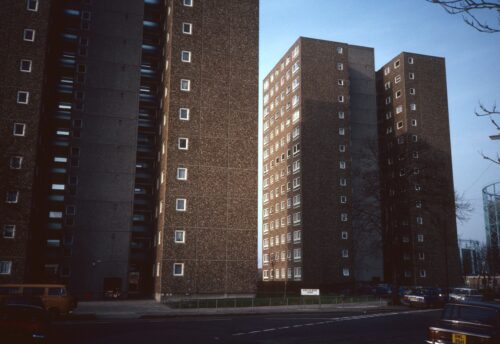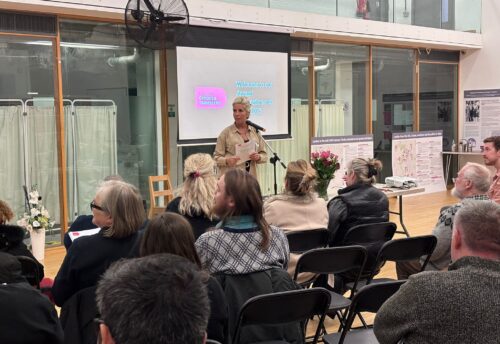A vital court hearing on 3rd and 4th December will examine whether local councils can go ahead with injunctions outlawing Gypsies and Travellers from stopping on open land – and criminalising a centuries-old way of life.
LGT, which has mounted a legal challenge against these orders, believes the injunctions break the Equality Act and discriminate against Gypsies and Travellers. Its case has the backing of Liberty, the independent body that works to defend civil liberties, who will be intervening in the case.
In May, LGT won a vital test case against Bromley Council in the High Court, having challenged its injunction application to stop Travellers and “persons unknown” from camping on 171 open spaces and car parks. The judge recognised that simply pushing families out of one area into another was not a solution and criticised Bromley for not considering alternatives such as negotiation. She reduced the scope of the injunction so that it only applied to those depositing waste or fly-tipping – not simply those occupying the land.
Now Bromley, supported by seven other intervening councils (Merton, Sutton, Kingston, Barking and Dagenham, Redbridge, Harlow and Thurrock), is appealing against the ruling. The hearing will be held at the High Court where LGT legal representatives will argue against the council’s appeal.
LGT is being represented by lawyers specialising in Gypsy, Traveller and Roma rights: Marc Willers QC and Tessa Buchanan from Garden Court Chambers and Chris Johnson from Community Law Partnership.
The judgement could have major implications and stop other councils from taking similar action. Over the past two years, 37 local councils in England have taken out similar injunctions, threatening all Gypsies and Travellers with fines and imprisonment if they camp within their boundaries.
“The injunctions don’t solve anything,” says Debby Kennett, LGT’s Chief Executive. “They simply push Gypsies and Travellers to stop on the roadside in other areas. Continual evictions cause greater hardship for Gypsy and Traveller families on the roadside – encouraging public prejudice, disrupting their family life, threatening their health and wellbeing and preventing access to education, work and services.”
“There are alternatives to injunctions. We simply want councils to consider their lack of site provision for Gypsies and Travellers and negotiate with families instead of making them into criminals.”
“We firmly hope the judges in this appeal will uphold the earlier judgement. This would uphold basic human rights, and recognise Gypsies and Travellers’ nomadic way of life and their long history in London boroughs.”
LGT is urging local authorities to use the negotiated stopping approach, which has been proved to reduce costs to councils and improve the lives of Traveller families. This week LGT publishes an important new report exploring the potential of negotiated stopping approaches in London. It concludes that negotiated approaches allow local authorities to meet their duties, decrease the social costs for the Gypsy and Traveller community, lead to savings in public spending and improve community relations.


